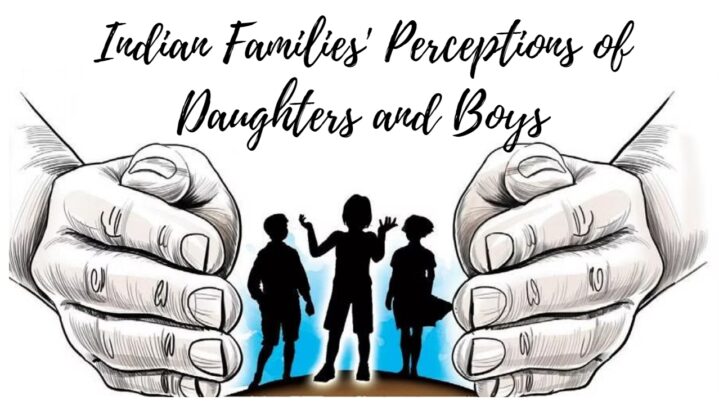For cultural, religious, and economic reasons, Indian households have always preferred boys over females. Sons are typically considered as carrying on the family name, caring for aged parents, and being the major breadwinners. Daughters, on the other hand, are sometimes considered a financial burden on the family since they demand a dowry at the time of marriage, which can be substantial.
However, there has been a tremendous shift in Indian society toward gender equality in recent years, which has resulted in shifts in the attitudes of daughters and sons. While there is still much work to be done, more families are coming to see the importance of raising women and supporting their education and professional goals.
Despite these advancements, there are still major discrepancies in the treatment of daughters and sons within households. Daughters are frequently subjected to strong gender standards and expectations, and their educational and employment options might be limited. They may also be expected to shoulder a considerable part of the home and caregiving duties.
In conclusion, while beneficial changes in gender roles are occurring in Indian culture, there is still a long way to go before reaching complete gender equality.





